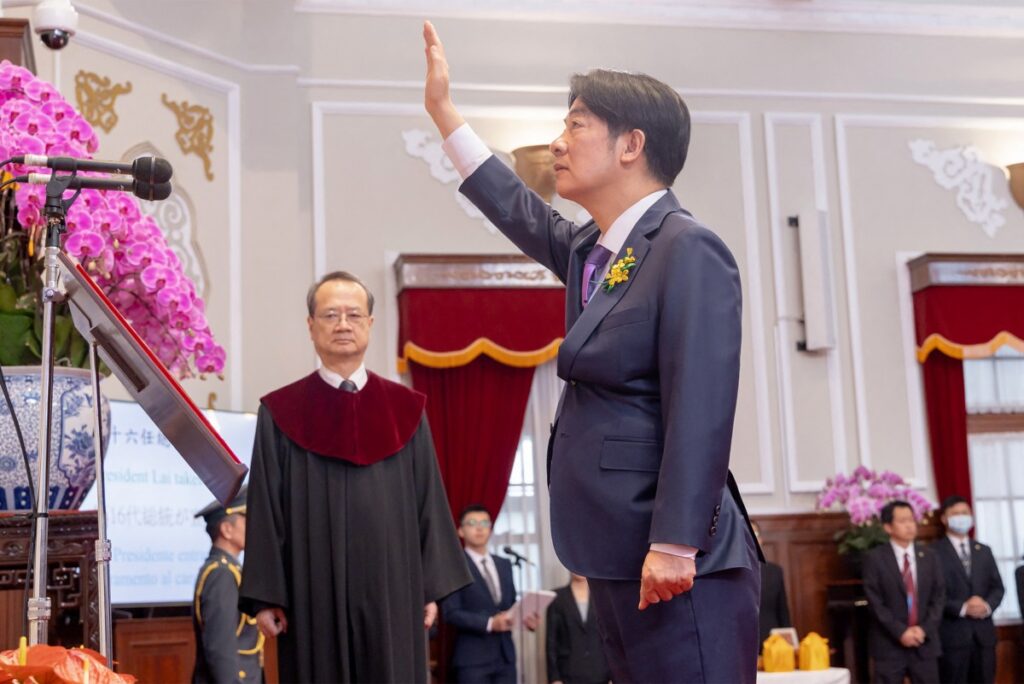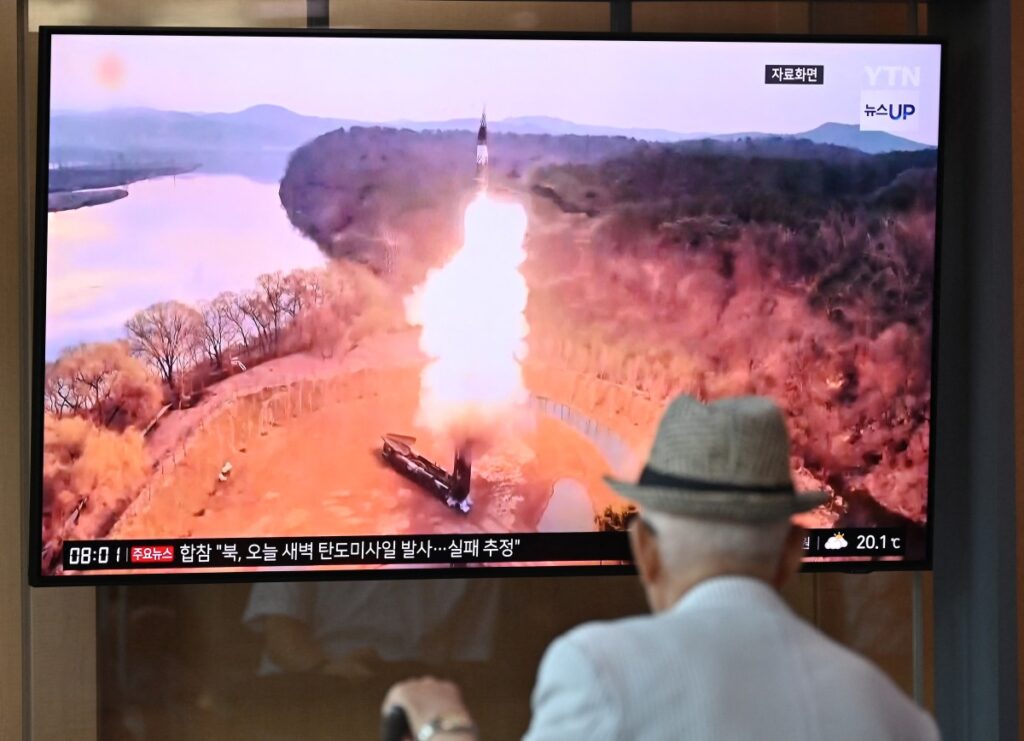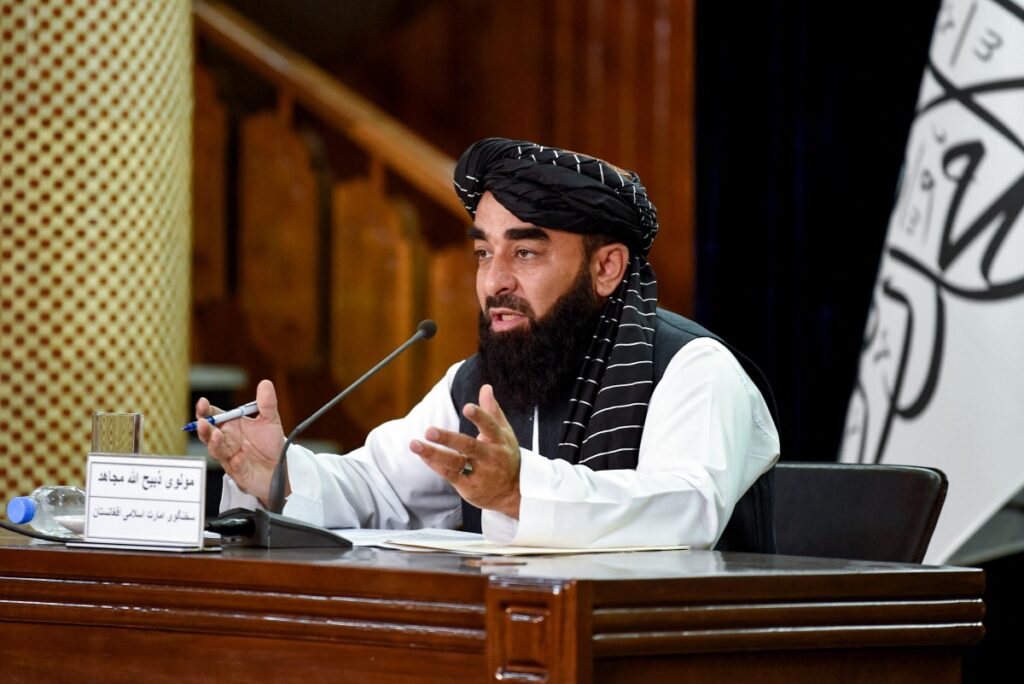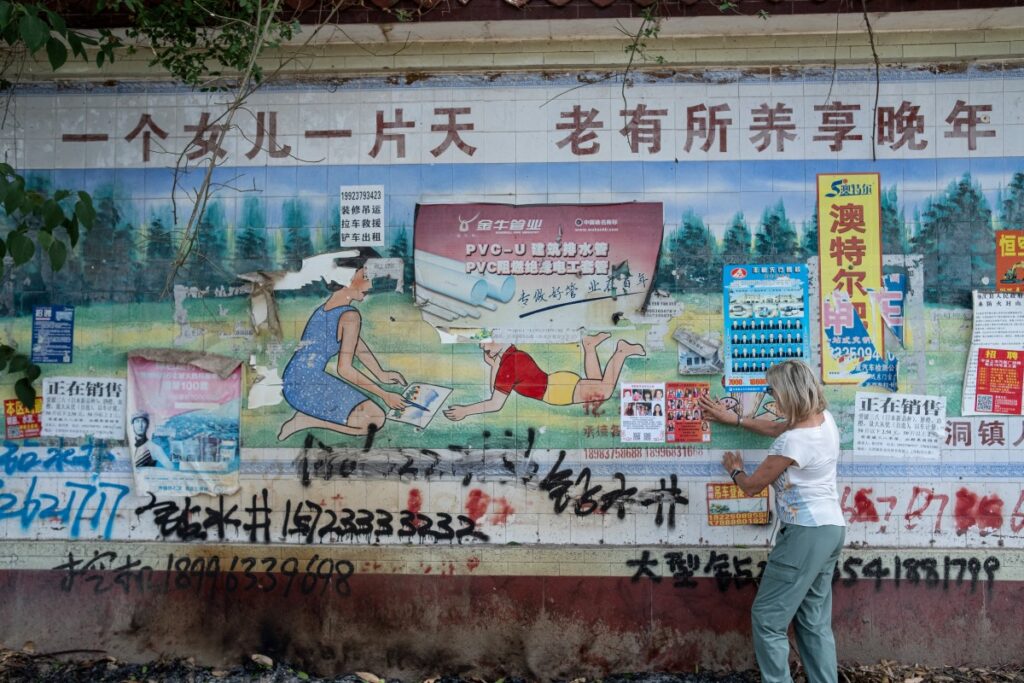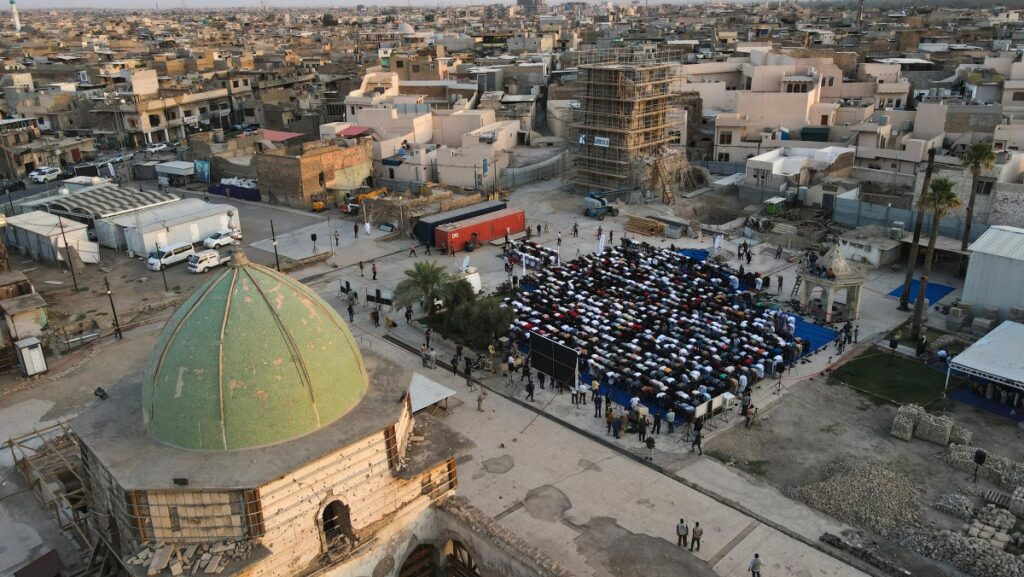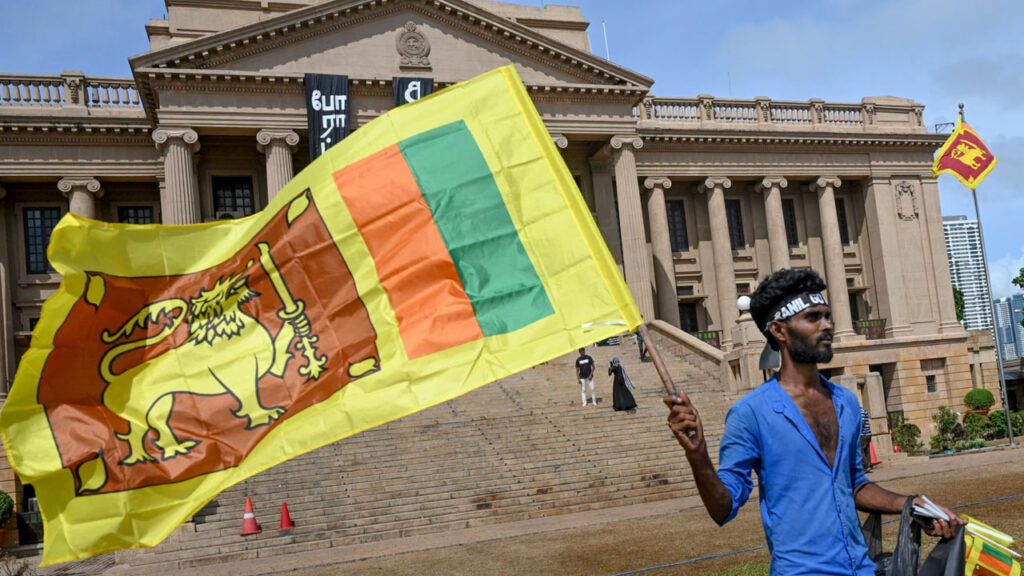
Rising from a humble coal-mining town to assume Taiwan’s highest office on Monday, President Lai Ching-te now faces the challenge of navigating a widening rift with an increasingly assertive China while grappling with a fractious parliament at home.
The 64-year-old Harvard graduate swept to the presidency in January’s elections on the promise he would defend Taiwan’s democracy and resist Beijing’s claims on the island.
In his inaugural speech Monday, Lai called on Taiwanese to “come together to safeguard our nation” against China’s threats to bring the island under its control.
“We must demonstrate our resolution to defend our nation,” he said, warning Taiwan “must not harbour any delusions” about Beijing’s goal.
Lai has vowed to continue his predecessor Tsai Ing-wen’s policies of building up Taiwan’s military capabilities as a deterrence against a potential invasion from China.
But his outspokenness — which he has moderated in recent years — has drawn Beijing’s ire.
China regards him as a “stubborn worker” for Taiwan’s independence and a “saboteur of peace”, warning that the veteran politician would be the cause of “war and decline” for the island.
– ‘Duty’ to democracy –
While Lai has made repeated overtures to resuming dialogue with China — severed since 2016 — he is likely to be rebuffed.
Beijing “will not respond positively to him any more than it did to Tsai”, said Steve Tsang, director of London’s SOAS China Institute.
“The real issue is how Lai will adjust his approach, once the open arm he is likely to extend to Beijing is met with a cold — or worse — response.”
Unlike most of Taiwan’s political elite, Lai rose from a humble background.
Born in 1959, Lai was raised by his mother alongside five other siblings in a rural hamlet in New Taipei City, after his coal miner father died when he was a toddler.
After he graduated from Harvard University in public health, he worked in a hospital in southern Taiwan before turning to politics in 1996 during the Third Taiwan Strait Crisis.
“My defining moment came as China’s military adventurism… threatened our shores with live fire exercises and missiles,” he wrote in an op-ed for The Wall Street Journal last year.
“I decided I had a duty to participate in Taiwan’s democracy and help protect this fledgling experiment from those who wished it harm.”
He served as a lawmaker, a mayor of the southern city of Tainan and a premier before he was tapped to be vice president to Tsai.
Lai and Tsai belong to the Democratic Progressive Party (DPP), which has championed Taiwan’s sovereignty.
Under Tsai’s two-term tenure, relations with China plummeted, with all high-level communications cut off.
Lai has stuck to Tsai’s stance that Taiwan is “already independent”, and does not need to formally declare itself separate from China.
But the loss of the DPP’s majority in parliament in January’s poll means Lai will struggle to push through his policies.
– ‘A professional politician’ –
During Lai’s time as premier, he was more vocal than Tsai about independence, which some say has top partners like the United States — Taiwan’s main weapons provider — concerned about how he will handle relations with China.
But political science professor Luo Chih-mei, from National Taipei University, said Lai was unlikely to make “complicated moves during a US election year”.
Brookings Institution senior fellow Ryan Hass said Lai was not “a wild-eyed zealot with a one-track-minded focus on Taiwan independence”.
“He is a professional politician who has organised his career around becoming Taiwan’s president,” Hass wrote in a report.
“Now that he has ascended to Taiwan’s top elected position, he will want to win reelection.”

